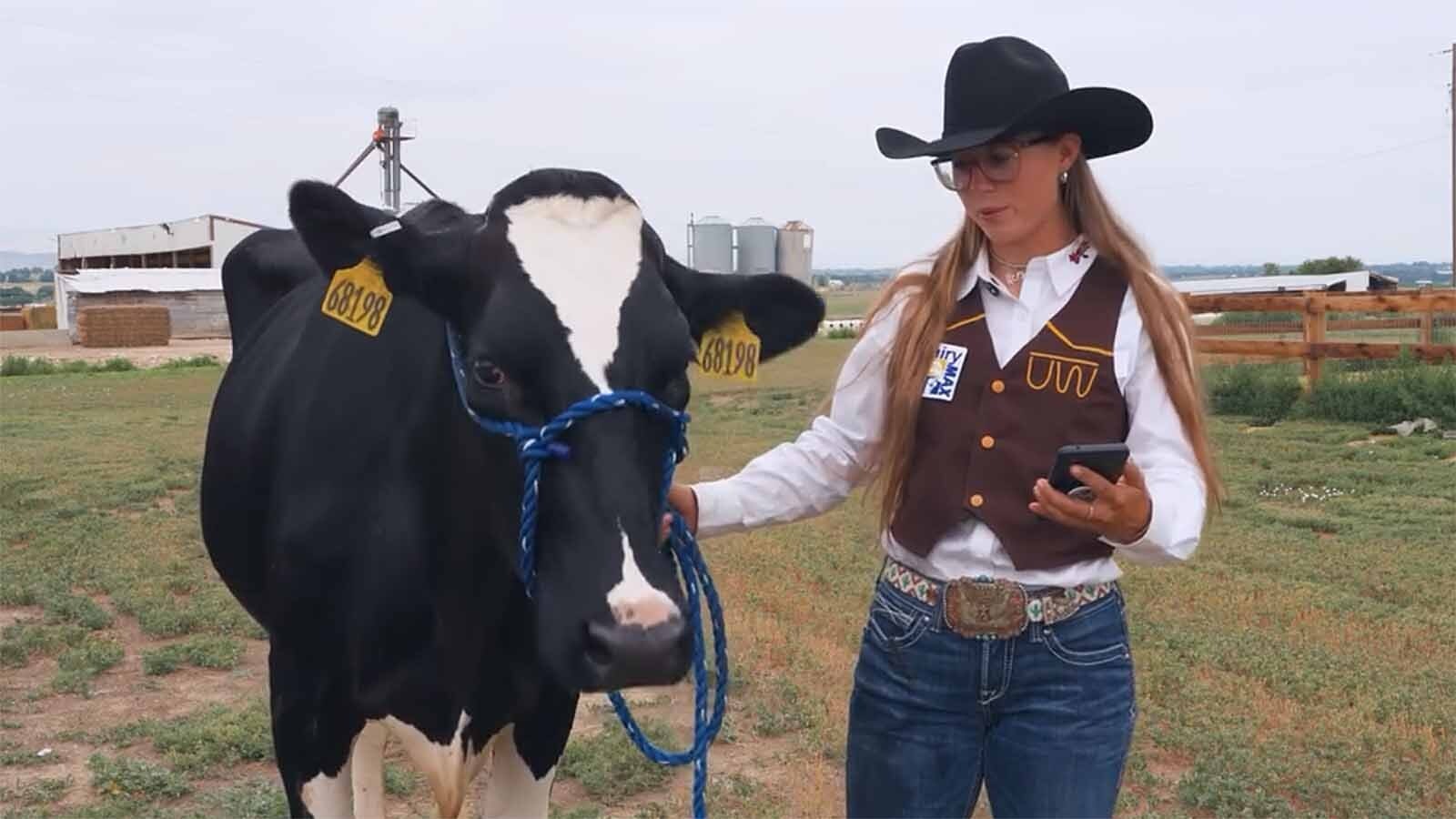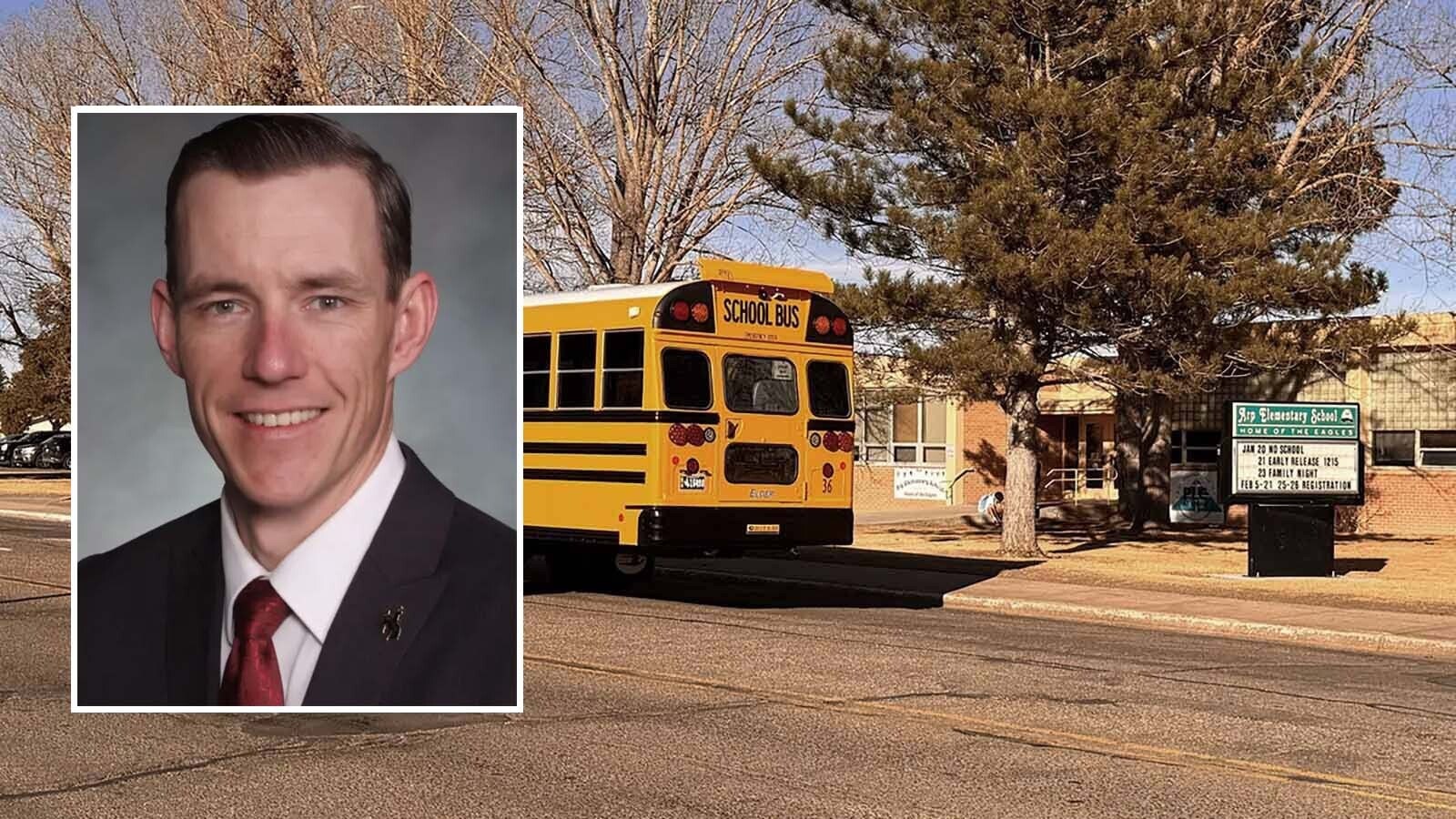Now that Teton Pass has been temporarily repaired and commuting life is back to normal, motorists have moved on while they putter up and over the steep mountain pass.
Less than three weeks after a section of mountain dropped off and took part of Wyoming Highway 22 with it, the temporary fix was done.
For the Wyoming Department of Transportation, the work is just getting started.
WYDOT was heralded and lauded as much as a government entity can be after fixing a vital stretch of roadway in record time. Typically, tempers flare and patience wanes when travelers encounter “Roadwork Ahead” signs. Not as much this time.
WYDOT played the hero when it promised a temporary bypass within three weeks of the road failure June 8 when 200 feet of Highway 22 washed down an embankment.
The department delivered, and the pass was back open 20 days later on June 28.
“I think every Wyoming resident or regional commuter can be proud of their transportation department,” WYDOT Director Darin Westby said. “WYDOT staff from a variety of departments and areas of expertise rolled up their sleeves and got to work for the people. A master-level class in public service.”
Still, a long-term solution looms, and questions about what that might look like. A bridge? A reroute or redesign of the road? A tunnel? Or, is the answer staring everyone right in the face?
Plans now are for WYDOT to rebuild the mountain and the road on its original spot. Basically, rebuild the mountain.
Dips And Curves
Why can’t the temporary fix be the permanent solution?
The tighter, steeper curve constructed inside the old switchback appears to be perfectly functional, especially with a speed reduction to 20 mph that tends to slow down some of the more impatient locals trying to get to work on time.
“Well, it’s a little bit steeper and curved a little tighter than what we want. It’ll do for temporary road, and works fine that way, but we can’t leave it like that,” said WYDOT resident engineer Bob Hammond.
Using less real estate for the new curve means the grade has increased to about 11.2%. The entirety of the pass is a consistent 10% grade, which is about as steep as engineers like to go when it comes to ascending and descending.
Already at 10%, runaway trucks have been a problem barreling into the tiny burg of Wilson at the base of the pass in Wyoming.
A new high-tech truck arrester system was installed in 2021 to replace the old sand barrel runaway truck ramp. It has been used more than once since it opened.
A curve is another road aspect that has federal guidelines.
First, centripetal force is carefully measured. That’s the leaning energy passengers feel when they are pushed to one side of a vehicle or the other. Depending on the banking of the road, a speed advisory is sometimes posted ahead of tighter curves.
“You look at what is the superelevation of the curve, the banking. I think the bank is about 4-5% there. You could go as high as 6% with a bank,” Hammond said.
Keeping A Close Eye
WYDOT geologists were monitoring the known problem section of Highway 22, dubbed after the catastrophic failure the Big Fill, decades before it completely collapsed.
Slight movement was detected and fixed every once in a while, particularly during a very wet spring.
What happened leading up to June 8 was the perfect storm of variables, experts report. The ultimate failure was attributed to heavier-than-normal runoff which compromised the 70 feet of fill put in place by engineers in the 1960s when the road was built.
Over the years, water seeped into the fill material causing increasing instability. It all came to a head last month.
Intensified monitoring continues at the Big Fill. Two distinct methods are in place. A nearby radar trailer scans the new curve bypass in real time. If it detects any movement, an alert is sent to department officials.
In addition, the geologist department of WYDOT has installed an inclinometer, a device that measures slope movement. For now, it relays data a couple of times a day, but once more parts arrive the system will function continuously day and night.
To date, scientists are content with what they are seeing from soil samples taken from several drill holes. That material has been sent to Cheyenne for more in-depth classification.
Time + Money = Permanent Fix
WYDOT busied itself immediately following the reopening of the pass with plans for a long-term fix.
Forget a bridge or extensive realignment of the highway. WYDOT plans at this juncture to simply put the road back where it was.
“It’s really the only idea, without realigning the entire road for miles. That would take forever to do,” Hammond said. “Really, there is nothing preventing us from going back to old alignment. That old fill was the weak link in the whole thing.”
WYDOT administrators were already eyeing the permanent solution when they opted for the tighter inner curve short-term fix. It will allow future work without interruption of traffic.
“That’s a major reason why when we sited the detour where we did. Doing our best to mitigate the steepness and keep it away from the original failure spot,” Hammond said. “Next, we will finish improvement to native fill and hopefully build that two back out to where it was before the failure.”
WYDOT moved some 30,000 cubic yards of fill in shoring up the bypass. A rebuild of the portion of mountain curve that gave way will almost certainly make that look like Tonka truck sandbox play.
It will be a massive undertaking, but WYDOT already pulled off one miracle this summer. It will only take time and money — two things the department never seems to have enough of.
“The money is there,” Hammond assured. “The FHWA (Federal Highway Administration) is in the loop and has cost projections. They are aware of the costs. So, absolutely the money is there.”
And time?
Final plans for a permanent fix should be approved by the end of the month. Contractor bidding on the project closed Tuesday. The department is using a CM/GC type of selection process where a contractor is selected before the work is scoped out.
This unique procedure is a quality-based selection as opposed to a cost-based selection. WYDOT will choose a contractor on a qualifications-based proposal that highlights capabilities, experience and past project history. From there, the contractor will come alongside the department in the decision-making process to better achieve end goals.
Hammond says he thinks his department can have the highway put back like it was, better than it was, by November. And do it with little disruption to everyday traffic.
“That’s the goal,” he added.
Take his word. After all, this is the guy who on June 9 promised, “We got this.” Less than three weeks later, the rubber met the road on that guarantee.
Jake Nichols can be reached at jake@cowboystatedaily.com.















